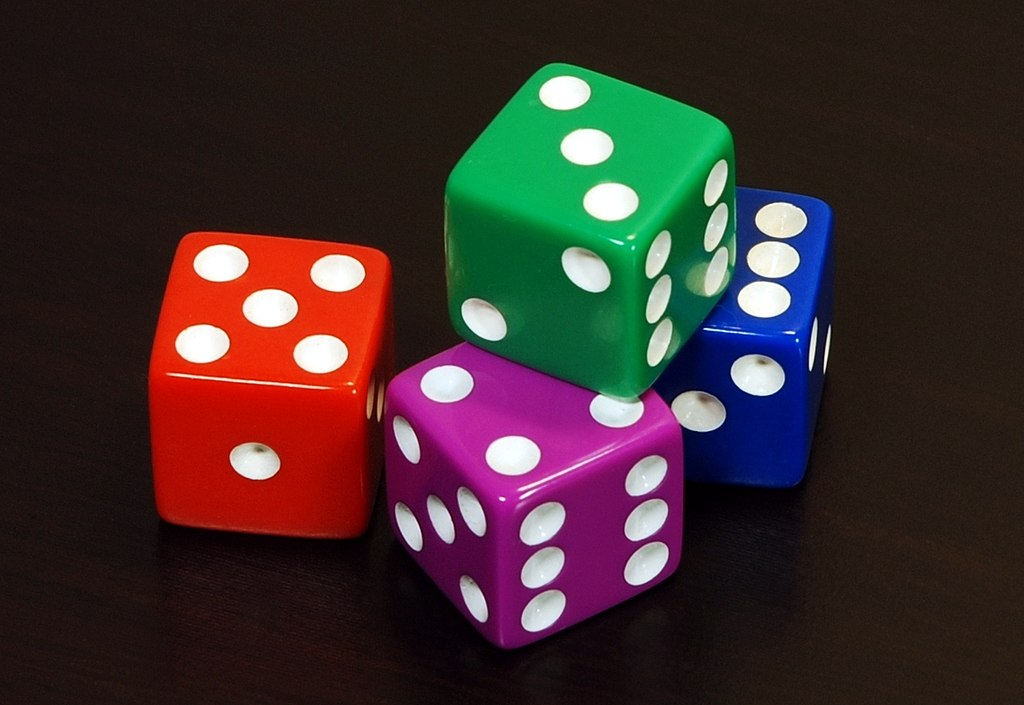
CC BY-SA 3.0
That is, randomness can operate only within non-random parameters, according to an interesting post at American Thinker:
According to physicalist science, each property of the universe, each constant, was determined at random.
Amazingly, the values of these constants have to be, collectively, and in some cases individually, within such a tiny range, that they have been compared to the ratio of one grain of sand to all the beaches on earth. Not even the most ardent physicalists claim that our universe resulted from those odds being overcome in one try. Instead, they propose a multi-universe, with uncountable numbers of universes, which correspond to so many rolls of the dice, that eventually, our universe has to result.
But wait. Would not the multi-verse itself have to have parameters? Would not those also, have to fall within narrow ranges? And what principle of physics defines how many constants there are? What defines what ranges those parameters must have? What law of nature decides what the laws of nature must be? (That would be circular causation!) What governs the dice?
In other words, we come back to the reality that dice do not design and manufacture themselves. They require planning and purpose, intelligent design.
Robert Arvay, “A simple proof of intelligent design” at American Thinker